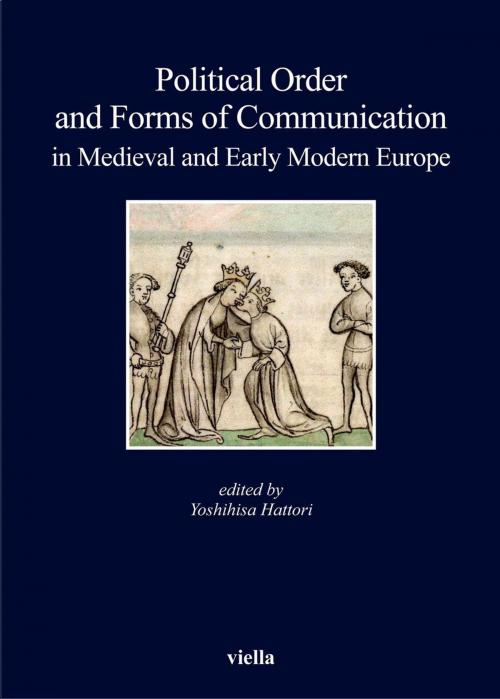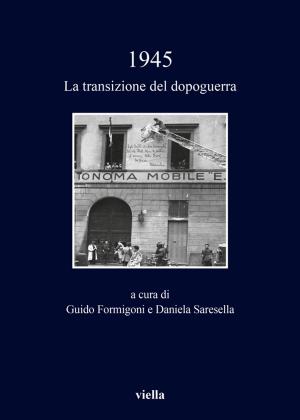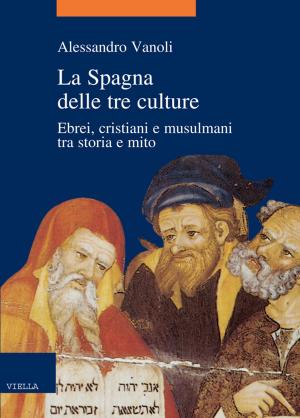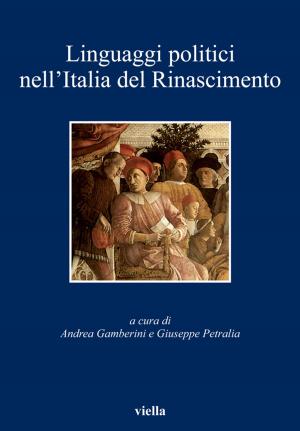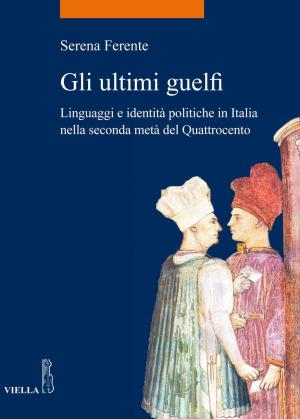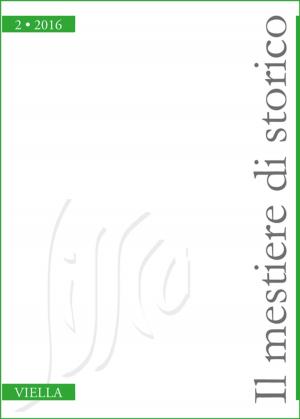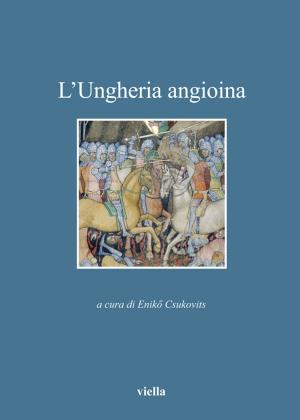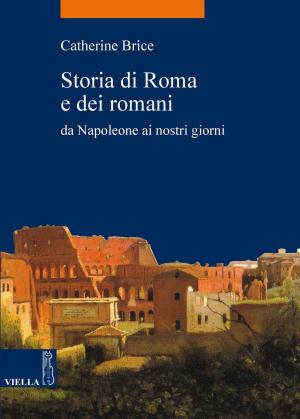Political Order and Forms of Communication in Medieval and Early Modern Europe
Nonfiction, History, Medieval, Modern| Author: | Autori Vari | ISBN: | 9788867283149 |
| Publisher: | Viella Libreria Editrice | Publication: | July 9, 2014 |
| Imprint: | Viella Libreria Editrice | Language: | English |
| Author: | Autori Vari |
| ISBN: | 9788867283149 |
| Publisher: | Viella Libreria Editrice |
| Publication: | July 9, 2014 |
| Imprint: | Viella Libreria Editrice |
| Language: | English |
‘Communication’ has become one of the most vibrant areas of current research on medieval and early modern Europe, almost paralleling the heightened popularity of conflict study since the 1980s. However, the nature of this concept seems to be ambiguous and has been defined with multiple nuances. Needless to say, communication in the Middle Ages was usually accomplished by personal presence, contact, and interaction, including conflict and its settlement. In this sense, the process of communication often comprised symbolic and ritual action. In response to concerns about the study of political communication, it should be emphasised that communication may confirm and spread certain fundamental ideas, social values and norms, bringing about certain patterns of behaviour and mentality that can be shared by members of the political body and community. The authors of these essays discuss the characteristics of political communication in medieval and early modern Europe by highlighting two aspects: ‘ritual and symbolic communication’, and ‘conflict, feuds and communication’.
‘Communication’ has become one of the most vibrant areas of current research on medieval and early modern Europe, almost paralleling the heightened popularity of conflict study since the 1980s. However, the nature of this concept seems to be ambiguous and has been defined with multiple nuances. Needless to say, communication in the Middle Ages was usually accomplished by personal presence, contact, and interaction, including conflict and its settlement. In this sense, the process of communication often comprised symbolic and ritual action. In response to concerns about the study of political communication, it should be emphasised that communication may confirm and spread certain fundamental ideas, social values and norms, bringing about certain patterns of behaviour and mentality that can be shared by members of the political body and community. The authors of these essays discuss the characteristics of political communication in medieval and early modern Europe by highlighting two aspects: ‘ritual and symbolic communication’, and ‘conflict, feuds and communication’.
